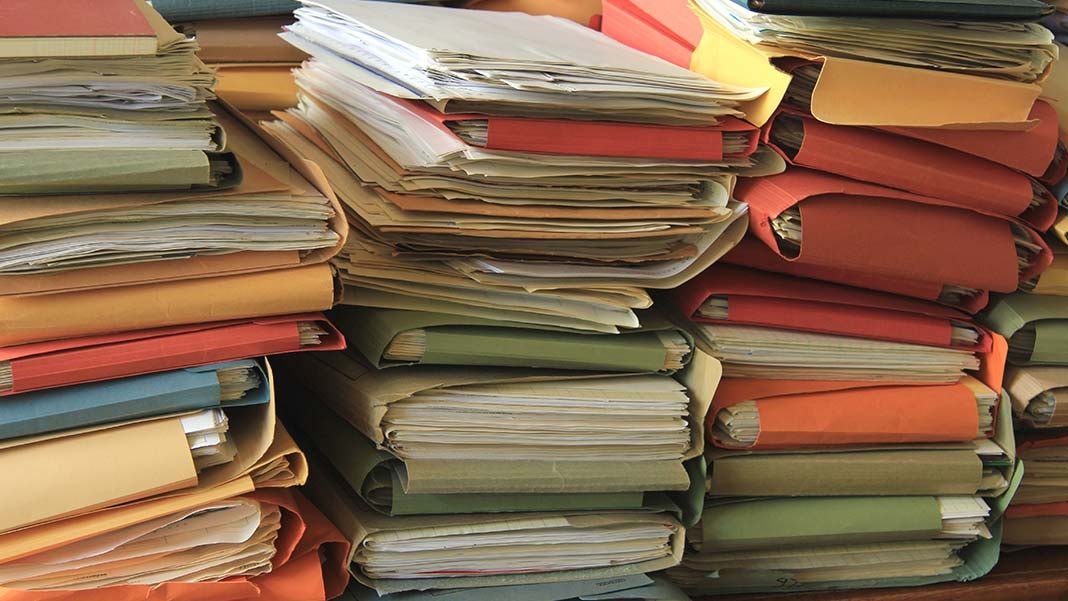
As tax time approaches, we’ll find ourselves gathering paperwork and typing in the numbers. Once sent, it’s likely we’ll stash them away amongst stacks of taxes from years and years ago.
And some years, we look at that stack and think, it’s time to clean up. Before you busy yourself with the paper shredder, it’s important to distinguish what records you should be keeping around and when they’re safe to shred.
It’s required of all taxpayers to be able to substantiate the claims in their tax returns. A general rule of thumb to go by is to keep records for up to seven years from the date the notice of assessment was sent to you.
You should keep records of all income received and expenses claimed. The documents you keep to substantiate these claims can be in written or electronic form.
Financial experts at RAMS compiled this list of important documents:
- Payment summaries / statements from your employer
- Statements or other documentation from your financial institution showing interest amounts
- Dividend and distribution statements from real estate agents showing rent received and expenses paid
- Receipts and tax invoices
- Log books
- Diaries/cashbooks showing the date, amount and particulars of any expense where a receipt cannot be obtained (for example, parking tickets)
- Statements from Medicare or a private health fund showing medical expenses
- Documents showing the date you acquired an asset, its cost and any expenditure in relation to the asset. For example, purchase contracts for real estate and dividend reinvestment statements for shares. (Be sure you keep the purchase and sale documentations until five years after the notice of assessment that contained the sale of the asset.)
Some people have a hard time shredding anything at all. Many hang on to records, fearful they’ll become important when they no longer have them. Financial clutter can be stressful. Spend time doing a massive clean-up, if your clutter has gotten out of hand. Moving forward, keep your records filed an organized way! This applies to both personal records like investment statements, utility bills, income tax credits, warranties—and business records like expense receipts, sales invoices, bank deposit slips, purchase invoices and payroll.
Records you don’t need to keep around for long:
- ATM receipts (balance your checkbook monthly and discard the printouts)
- Utility bills (throw out after one year, unless you’re using these as a deduction, in which case you should keep them with your tax documents)
- Cancelled checks (unless needed for tax purposes, see above)
- Credit card receipts (unless needed for tax purposes, see above)
- Bank statements (unless needed for tax purposes, see above)
Quarterly investment statements (keep around until you can compare with annual statements)
Your records should always be supported by original document—paper or electronic. If electronic, the records must be supported and maintained by a system capable of producing records that are accessible, encrypted or not.
Things you should never consider throwing out:
- Marriage licenses
- Birth certificates
- Wills
- Adoption papers
- Death certificates
- Records of paid mortgages
If you are not entirely sure what’s important, it’s better to keep too many records than not keeping enough.
Author: Courtney Capellan is a digital analyst with Hotel Marketing Works and a freelance writer based in San Diego, California. Twitter @courtcapellan.
2909 Views












